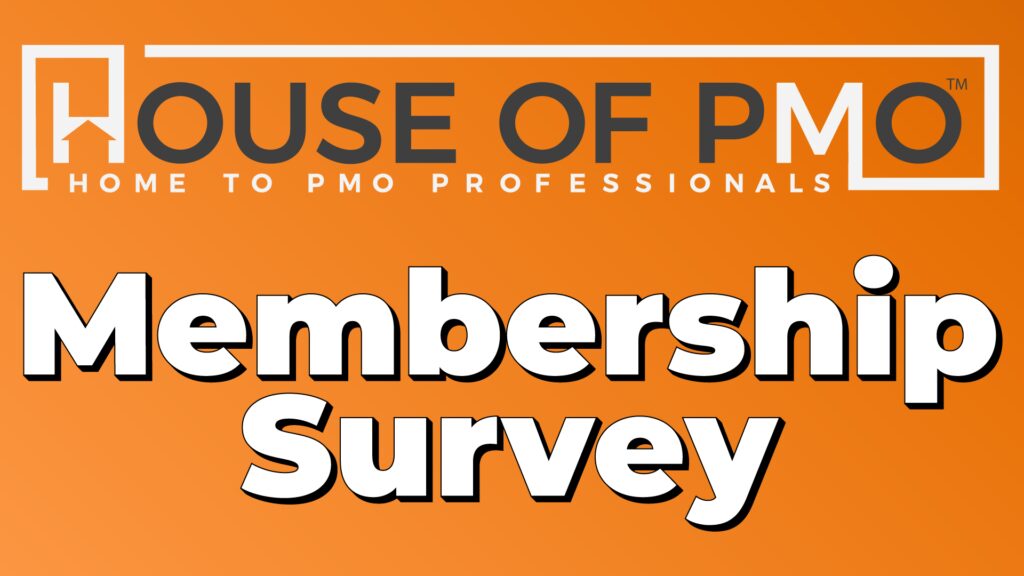You can find all our articles and past events
Free Articles | Inside PMO | PMO Conference | PMO Book Shelf
Practical Steps for Getting into Project Co-ordination
I held a careers coaching session the other day for someone looking to get into a project co-ordination role for the first time. I’m conscious that a lot of the PMO Flashmob topics and themes at events might not be newbie friendly and perhaps we should look into doing something like this in the future.
What made me write this article was that some of the things that came up in the career session would be beneficial for other people too.
You might be reading this as an experienced PMO practitioner, in which case, great! Make sure you add any other tips to the comments at the bottom – plus also point any newbies you meet to this article so you can help them out too. So this article is for someone looking to get into project co-ordination for the first time. It assumes two things; they’ve got some experience working within an office or business environment of some sort already. Not project related, just any office experience. Two; this is about getting into supporting a project for the first time, not a PMO role (that will come later)
I’m also going to share some resources to other places too.
The Very First Thing
Whatever you do, don’t jump in and do the PRINCE2 Foundation. That could come later, but not now.
The very first thing to do is start understanding project management.
That’s the fundamentals of project management. This is things like – what is risk management? how to plan a project? what’s an issue log? what does scope mean and why should I care?
There’s a really great online project management fundamentals course, which is free, and still good – [Online PM Courses] see the Project Management Fundamentals one.
There is also an inexpensive option over at Coursera [a number of different ones too]
If your own organisation has some in-house courses, find out if there is a PM one and ask your manager if you can go on it.
You can also do a quick search for ‘Project Management Fundamentals‘ which brings good blogs and pointers to books etc.
Finally, the certification course – PPSO Essentials is tailor made for people wanting to get into project support [take a look] and yes, it’s PMO Learning.
The very first thing to do is to understand what project management is all about, the technical bits as well as the people bits. Gain an understanding of the processes, techniques, the different tasks and activities people perform each day in projects.
This will do two things – one: it starts to give you the base knowledge you’ll need to work in projects. Two: it’ll start to give you the confidence that you can do this – it’s not rocket science, it’s just different to what you’re used to.
The Next Things to Do
As you’re gaining the base knowledge, something will start to happen.
You’ll be thinking about all the things you currently do in your day job today. All those things you do in the office – working with people; organising stuff; creating reports, documents; meetings you’re attending; the programs you’re using on the PC; the way you’re going about your work – planning it and doing things well.
All these things you’re doing, these are your transferable skills.
It’s these skills that you’re going to use in conjunction with your new base knowledge in project management.
When you’re working with people, you’re going to be more conscious about what these people are doing; what their conflicting deadlines are; where their attention is on a given day; how they work with others to solve problems. In short, you’re going to start thinking about all the things you do today that helps others work better and get things done. You’re on your way to understanding what it takes to support a project team.
Same with organising stuff – you’ll begin to realise that organising stuff requires inputs and outputs; outcomes that need communicating to others; different approaches to supporting others and doing stuff for them. Creating reports and documents – same again, you’ll be more aware of what your report reader wants to see; how to pull meaning from data; how to make sure everyone is reading the right version. I think you get the picture.
Once you’ve gained the base knowledge of project management, you’re able to see much clearer what your current skills are and how they could transfer to working in a project co-ordination role.
Then You Can Go Deeper
You might start to realise that actually there are some areas of these project management fundamentals that you want to know more about – you might want to understand more about the planning part of a project and how to utilise MS Project. You might think, I only know Excel a little bit, I think I’m going to need to look at more advanced skills in this. The idea of taking minutes in a meeting might feel scary so I’ll look into doing something about that.
You might see things like [Agile] popping up on job ]ads; or some tools like [JIRA]; or being asked to do something around [‘resource management‘].
Whatever it is, be curious and follow it. Read about it, talk to people about it.
Now is the time to start coming along to PMO Flashmob events too!
What Next?
Finding the first job. That’s what it’s all leading to, right?
I’ll be back with the next instalment – getting the CV into shape is the first step and I’ll share some practical tips and other resources to help you do just that.
Got Anything to Add?
If you’re an experienced PMO practitioner, is there anything else you would share with someone looking to get into project co-ordination? Share your thoughts below

